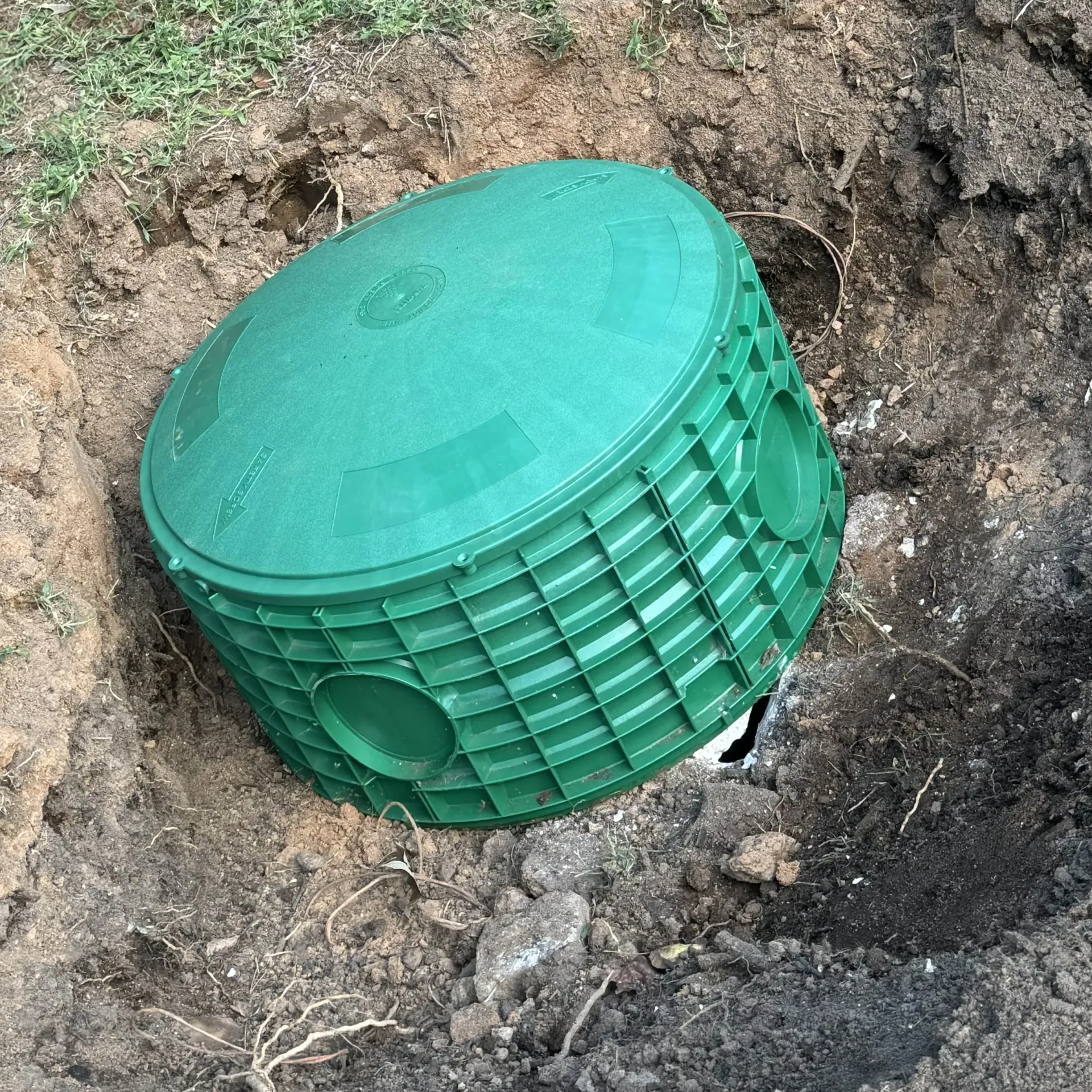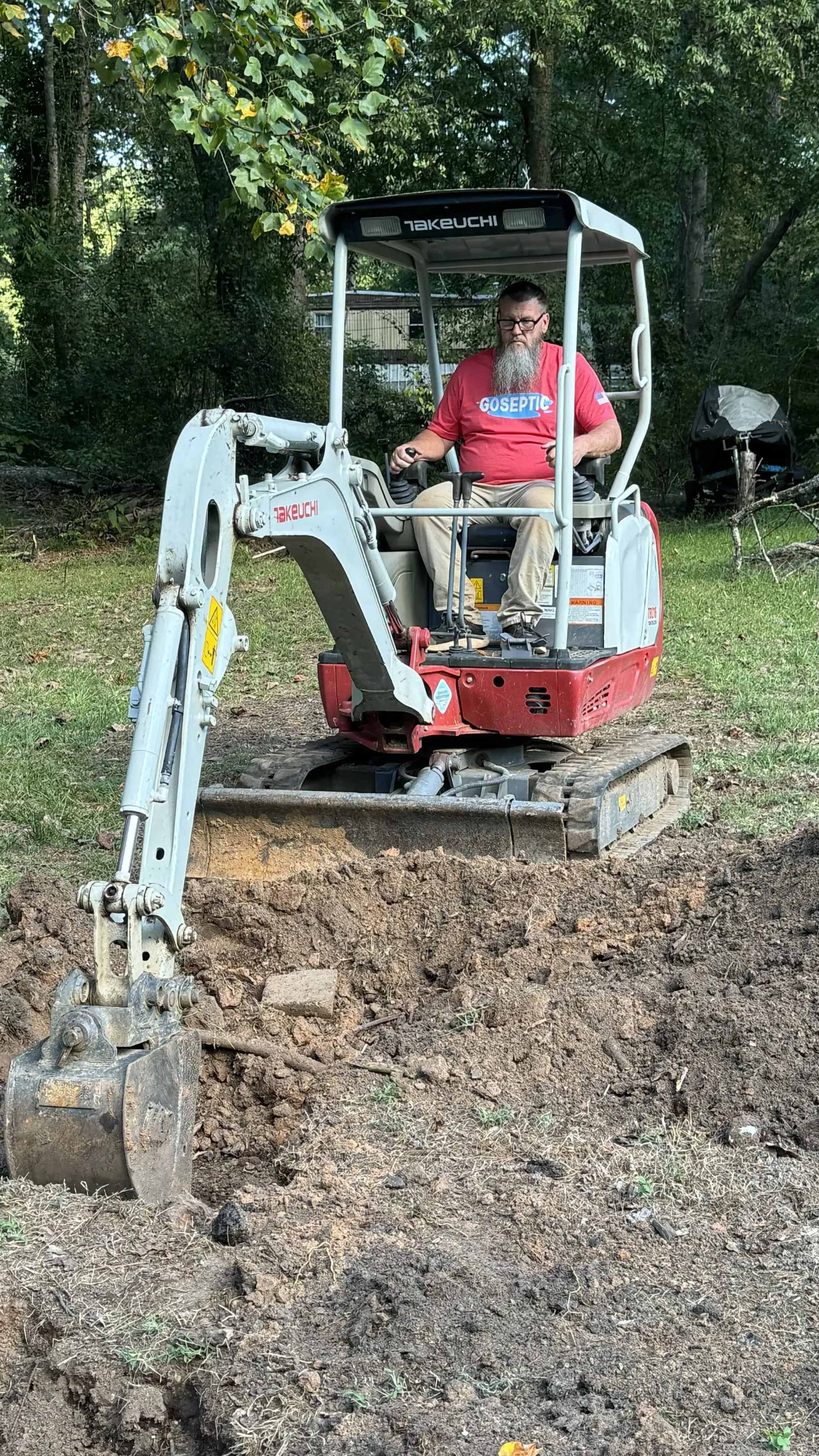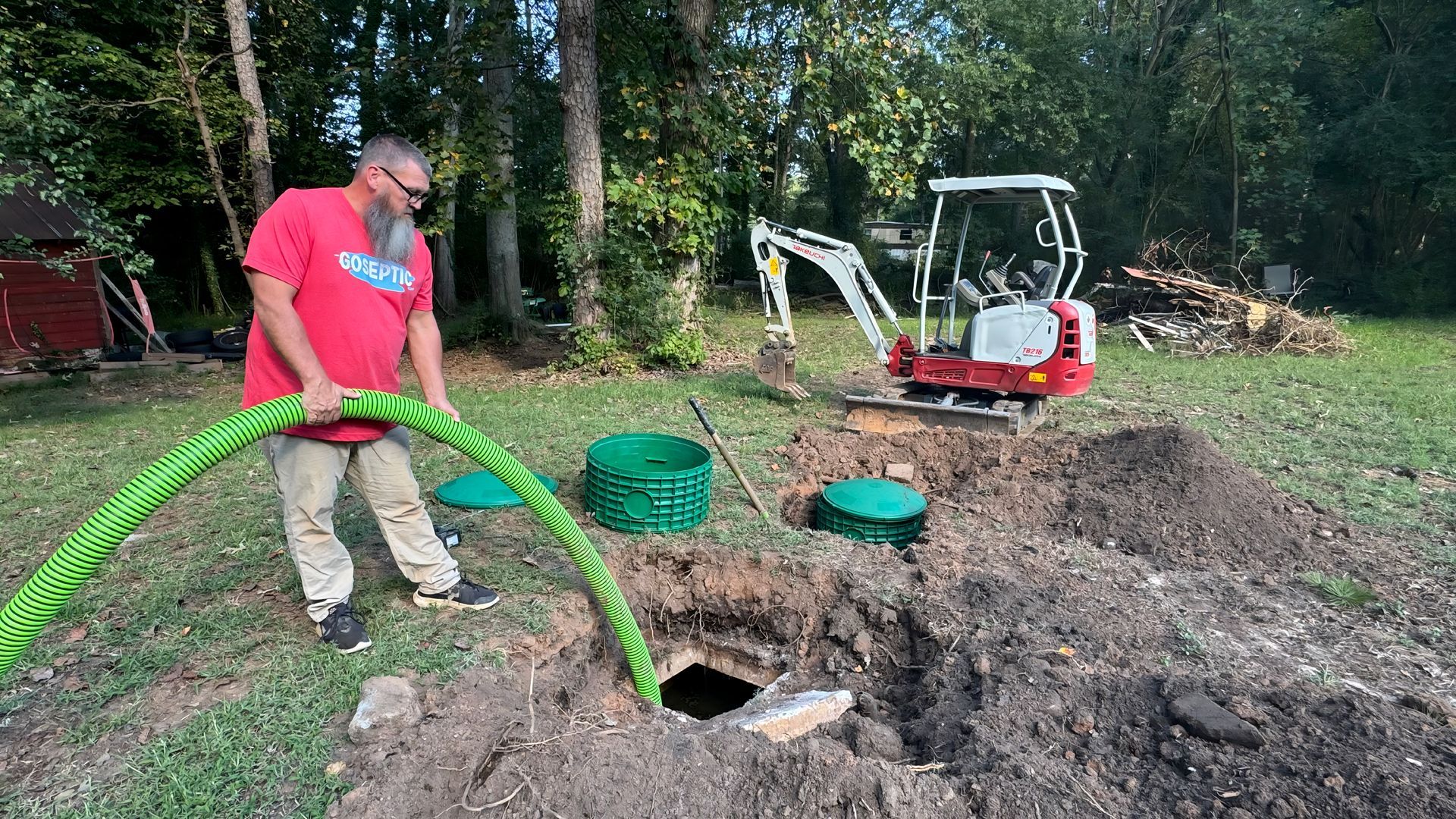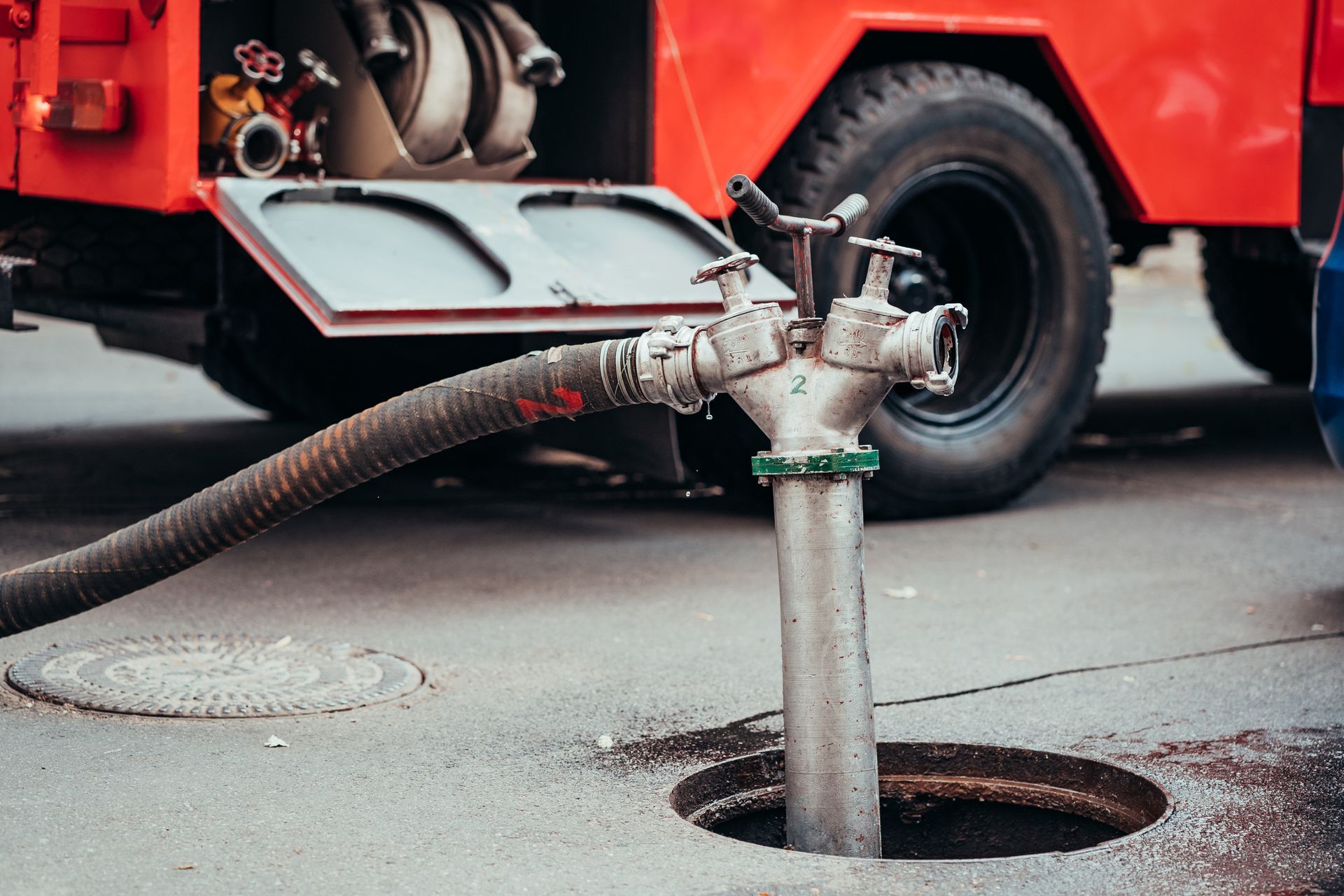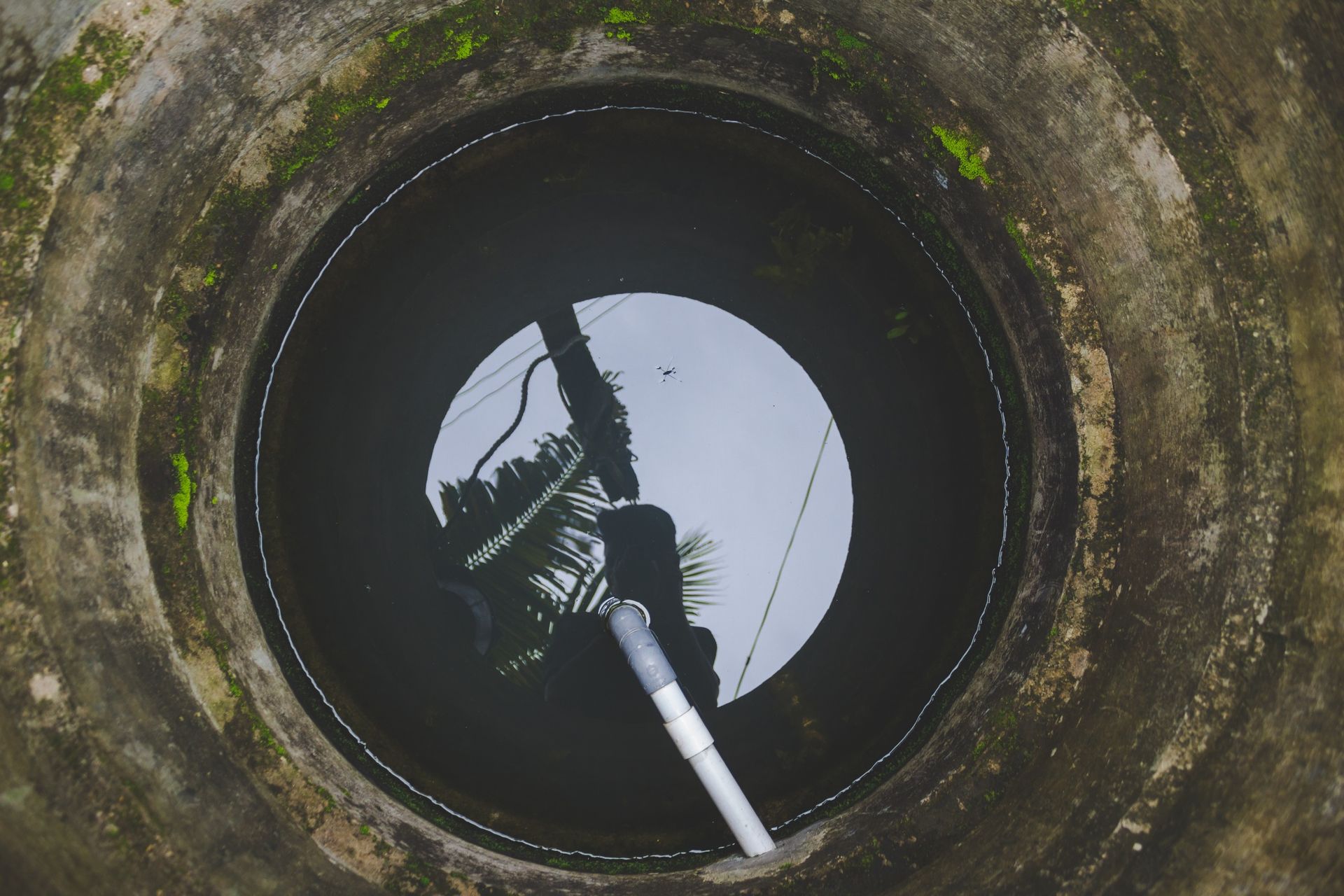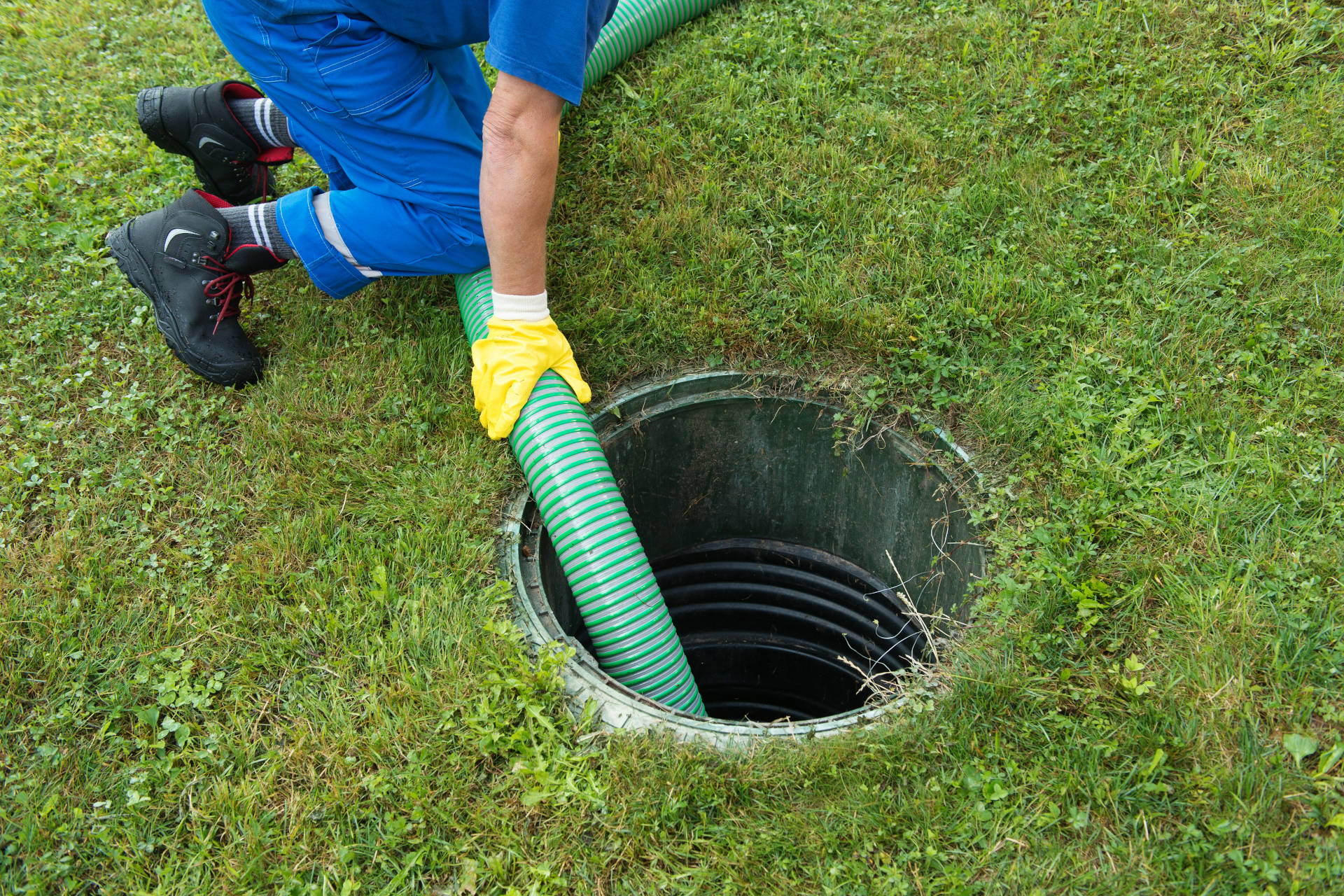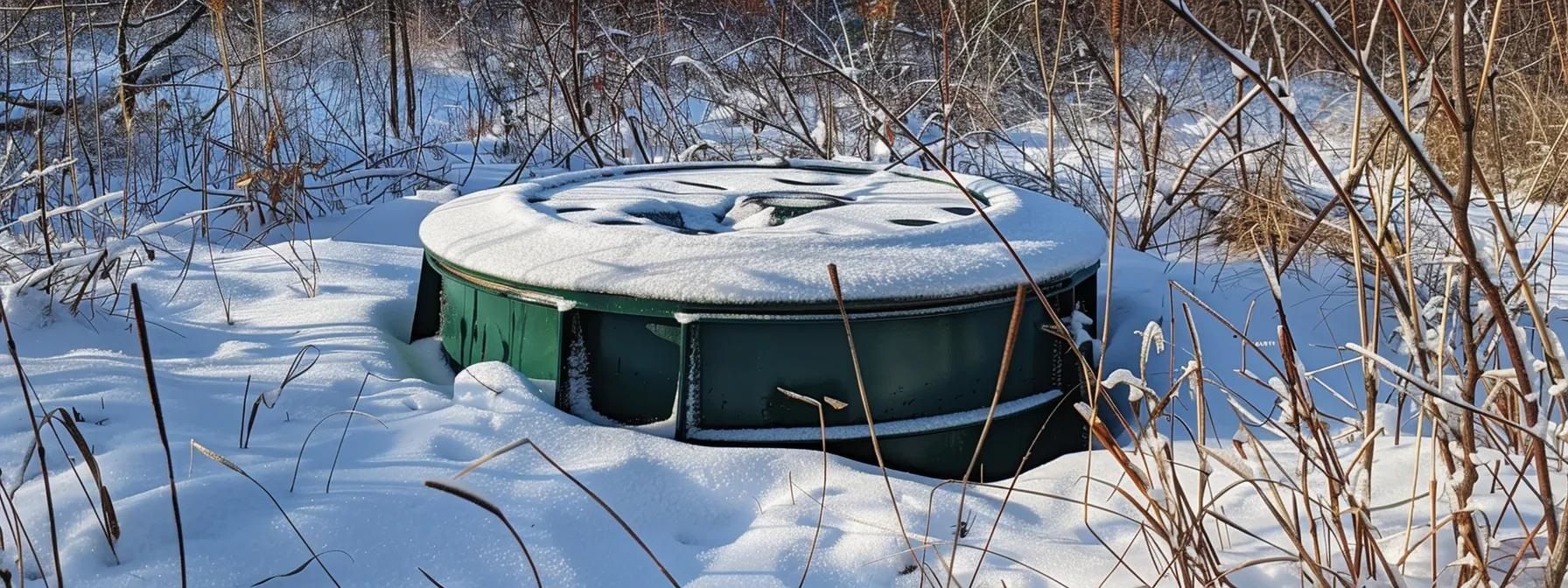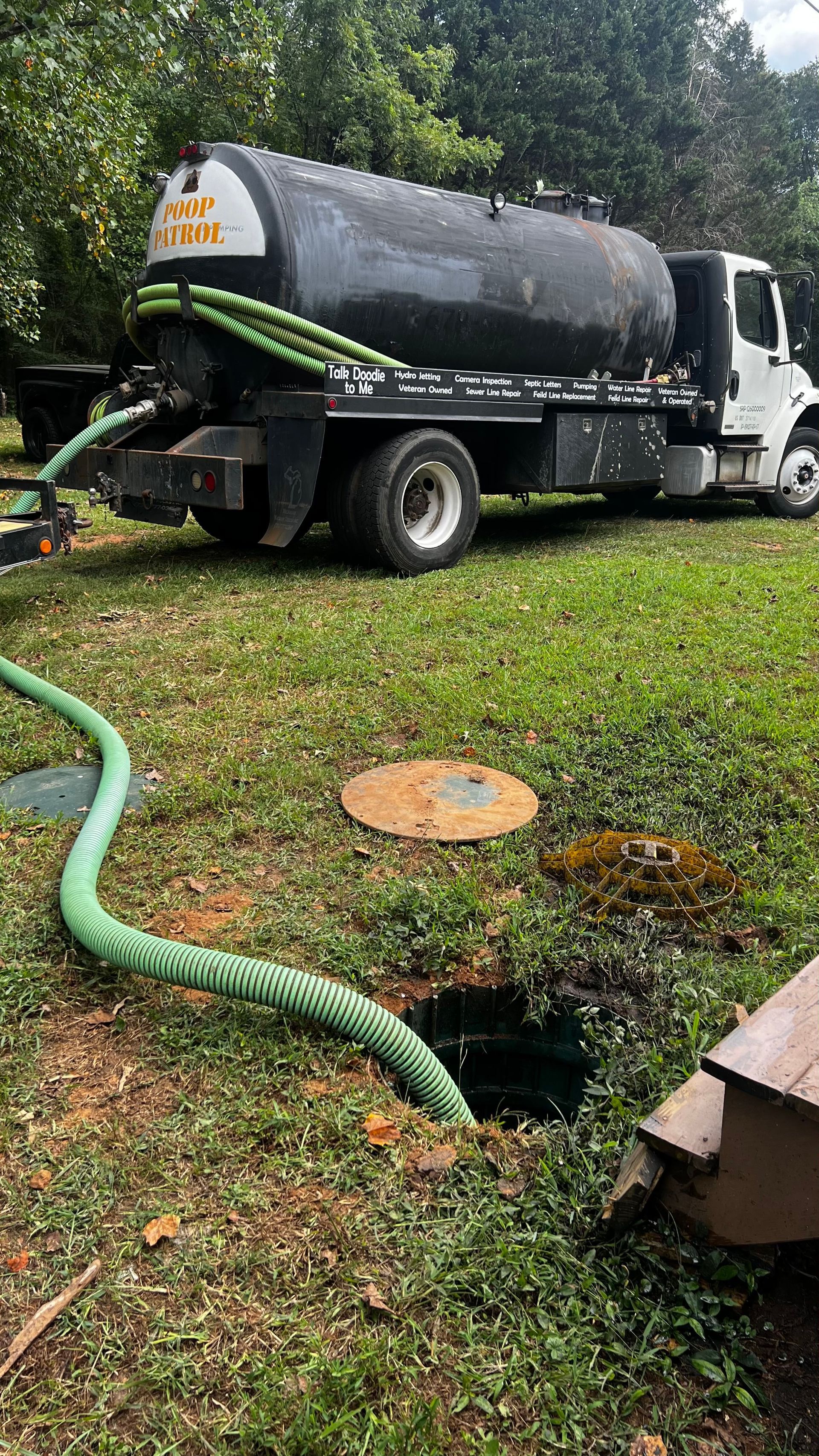Repair or Replace? The Honest Truth About Septic Tank Repair Every Homeowner Should Know
You don’t always have to replace your septic system when something goes wrong.
In fact, many septic problems can be fixed without digging up your yard or installing an entirely new tank. But most homeowners aren’t sure where that line is: when does a simple
septic tank repair make sense, and when is it time to replace the whole thing?
This post is your no-nonsense guide to figuring that out. We’ll break down how to tell the difference, what signs to look for, and what really happens during a repair or replacement. It could save you thousands of dollars, and a ton of stress.
The Most Common Misunderstanding About Septic Problems
Most people believe a bad smell or slow drains mean their septic tank is toast.
That’s not always true.
In many cases, it just needs to be pumped or have a broken part replaced. Think of it like your car: if it rattles, you don’t throw out the whole engine. You check the oil or fix a belt.
The same logic works here.
Before you make a big decision, you need to figure out what kind of issue you’re really dealing with.
Signs a Simple Septic Tank Repair is the Smarter Move
If your system was installed within the last 10 to 15 years, repairs are usually the better option. Here’s how to spot when a repair will fix the problem:
- Wet spots near the drain field (but no standing water)
- Bad odors from the yard or drains, but no sewage backing up
- Slow drains throughout the house
- A full tank that hasn’t been pumped in 3 to 5 years
- Root intrusion in the pipes, which can often be cleared
These issues may seem scary, but they can usually be handled by a licensed technician without tearing up your entire yard.
Also, if your tank is made of concrete or plastic and hasn’t rusted or cracked all the way through, it’s usually still fixable.
When Septic Tank Replacement Becomes the Better Option
Sometimes, repairs won’t cut it.
If your system is old, damaged beyond patching, or was installed poorly, replacement may be the better route. Here are red flags that point in that direction:
- Frequent backups, even after pumping
- Visible cracks in the tank walls
- Corroded steel tanks (they last only 15 to 20 years max)
- Drain field failure (wastewater pooling and not draining at all)
- Sewage smell indoors or standing water in bathtubs and sinks
Think of it like an old roof: patching a few leaks works for a while, but after enough damage, you need to start over. A septic system that constantly fails costs more in repairs than replacing it outright.
The average lifespan of a
septic system depends on the material:
- Concrete: 40+ years
- Plastic: Around 30 years
- Steel: 15 to 20 years (and not used much anymore)
If your system is pushing the top end of those numbers, it might be time to talk about replacement.
What Actually Happens During a Septic Tank Repair
Let’s take the mystery out of this.
A septic tank repair isn’t just someone poking around in the mud. It could include:
- Replacing broken pipes or baffles
- Sealing a crack in the tank
- Adding or replacing the effluent filter (a device that keeps solids from clogging your drain field)
- Root removal
- Re-leveling pipes to restore flow
Each job is different. A qualified septic contractor should explain what they found, what’s broken, and what they’re doing to fix it.
If they won’t do that, find someone who will.
What Happens During a Septic System Replacement
Replacement is more complex, but not as scary as it sounds.
It usually involves:
- Removing the old tank (or decommissioning it safely)
- Excavating a new spot or using the same location if allowed
- Installing the new tank and connecting the lines
- Testing everything to meet code
It may also include replacing the drain field if it’s clogged beyond repair.
In Georgia, systems must comply with state sanitation rules. That means hiring someone licensed and familiar with local code, like Go Septic & Sewer.
Still Not Sure Which One You Need?
You don’t need to figure it out alone.
Here’s a simple checklist you can go through:
Go with a repair if:
- Your tank is less than 20 years old
- The issue is isolated to pipes, filters, or baffles
- There are no puddles of standing water
- The drain field still works sometimes
Go with replacement if:
- You’ve had multiple repairs in the last 3 years
- You’re dealing with frequent indoor sewage smells
- Water pools in your yard after showers or laundry
- Your tank is steel or collapsing
How Long Do Repairs Last?
A proper septic tank repair can last many years. Especially if you:
- Get the tank pumped every 3 to 5 years
- Don’t flush wipes, even "flushable" ones
- Limit garbage disposal use
Treat your septic system like a living, breathing part of your home. It’s underground, but it’s just as important as your roof.
Why Replacing Isn’t Always the End of the World
Sometimes, starting fresh is the best gift you can give your home.
Yes, it’s a bigger project. Yes, it means more digging. But if your system is constantly causing problems, a new tank gives you peace of mind for the next 30 to 40 years.
And remember: homes in North Georgia often need expert attention because of our clay-heavy soil, changing elevations, and older homes. Not every system works the same way, so having a local expert helps.
Your Next Step: Talk to Someone Who Knows What They’re Doing
Whether you’re leaning toward a septic tank repair in Cumming or suspect you may need a new tank, don’t guess.
Have someone come take a look, and explain your options.
That’s what we do at Go Septic & Sewer. We’ll inspect your system, walk you through the findings, and help you decide what makes the most sense for your home.
If you're dealing with winter-related issues like frozen pipes or backups, check out our blog post on 3 Winter Septic Tank Problems and How to Avoid Them.
Conclusion
Knowing when to choose septic tank repair over replacement can save you time, money, and frustration.
This guide gave you the signs, comparisons, and steps to take. And when you’re ready for help, Go Septic & Sewer is here for homeowners in Cumming and across North Georgia.
Want answers based on
your yard,
your system, and
your goals?

